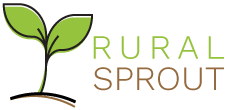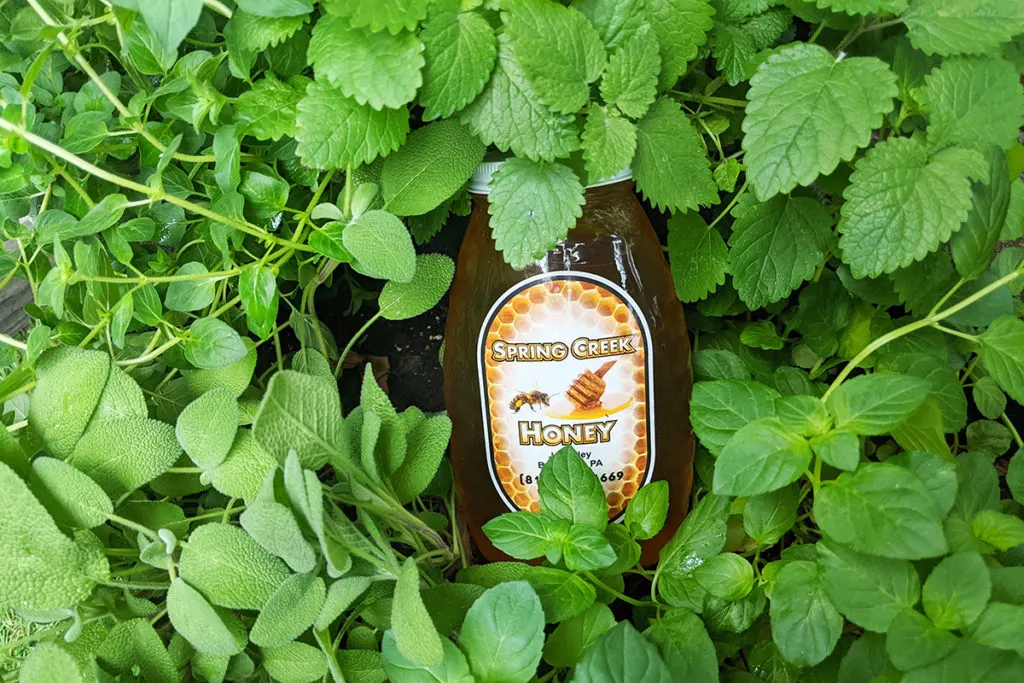
Honey is, of course, a delicious ingredient. It has a range of culinary uses and can be spread on toast, drizzled over yogurt and fresh fruit, and be used in a range of enticing recipes.
But what you may not know is honey can also be very useful in your garden (and for you as the gardener).
When using honey, whether in your home or your garden, it’s best to choose a quality, local, honey.
Better yet, become a beekeeper and you could have your own supply. Keeping honey bees is one good way to make sure you always have pollinators around to help you in your home growing efforts.
Whether or not the honey you have comes from your own hives, here are nine interesting ways to use honey in your garden.
1. Root Cuttings with Honey
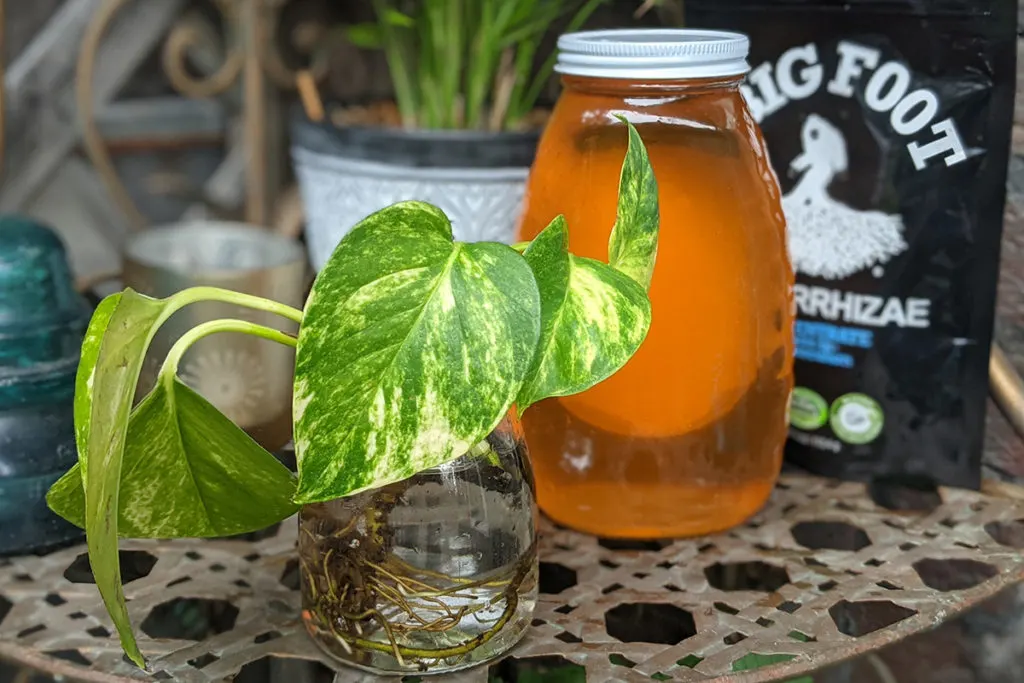
Honey has antibacterial and antifungal properties and provides an energy source that can help promote root growth and keep roots growing strong. When used on cuttings, it helps them to form roots, and once roots develop, can help to create a safe environment where they can continue to grow.
Simply add 2 tbsp of honey to 2 cups of boiled water and leave it to cool. Then dip the ends of your cuttings into this solution before planting. For even better results, mix in a mycorrhizae inoculant as well. To read up on this cool fungi and what it can do for your plants, click here.
You can also use this solution to water the cuttings once they have been placed into their containers or planting locations.
2. A Fertilizer for Fruiting Annuals
Honey is not only antibacterial and antifungal. It’s also an excellent source of nutrients – not just for us, but for plants too. Honey is a source of many essential plant elements – two of the ‘big three’ – phosphorus and potassium, and also other nutrients like calcium, iron, magnesium, and zinc.
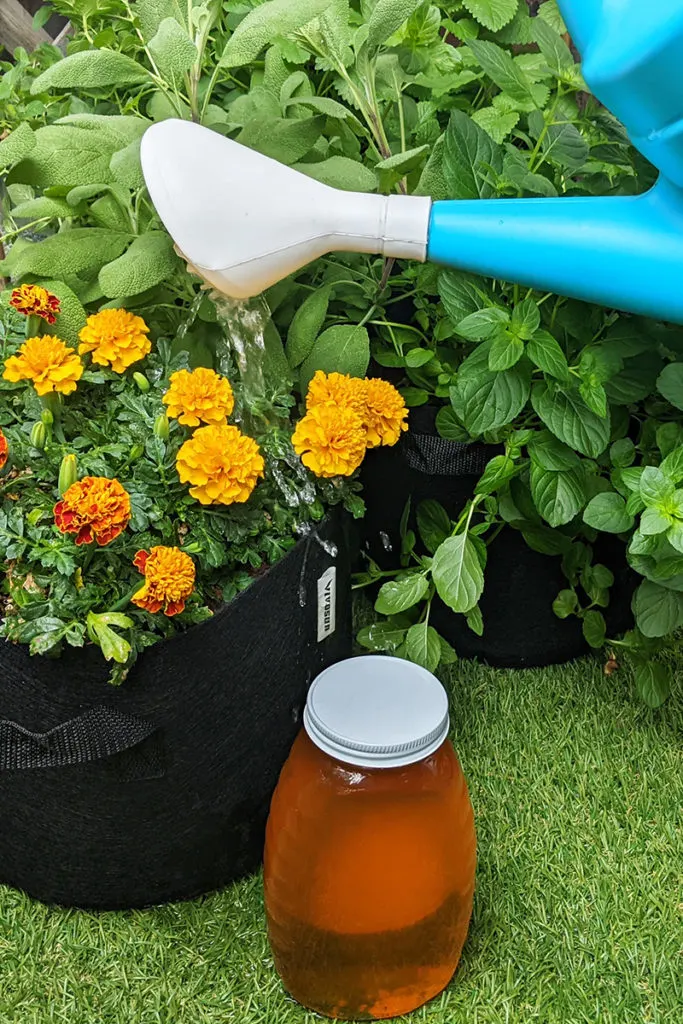
It can be used to make a good organic liquid fertilizer for your plants. The nutrient composition means that it can be particularly beneficial for flowering and fruiting plants.
To make a liquid honey fertilizer, mix a tablespoon or two of honey with 7 cups of boiled water. Stir well, then leave to cool. Then use this to water your flowering or fruiting plants.
3. Foliar Spray to Pep Up Your Plants
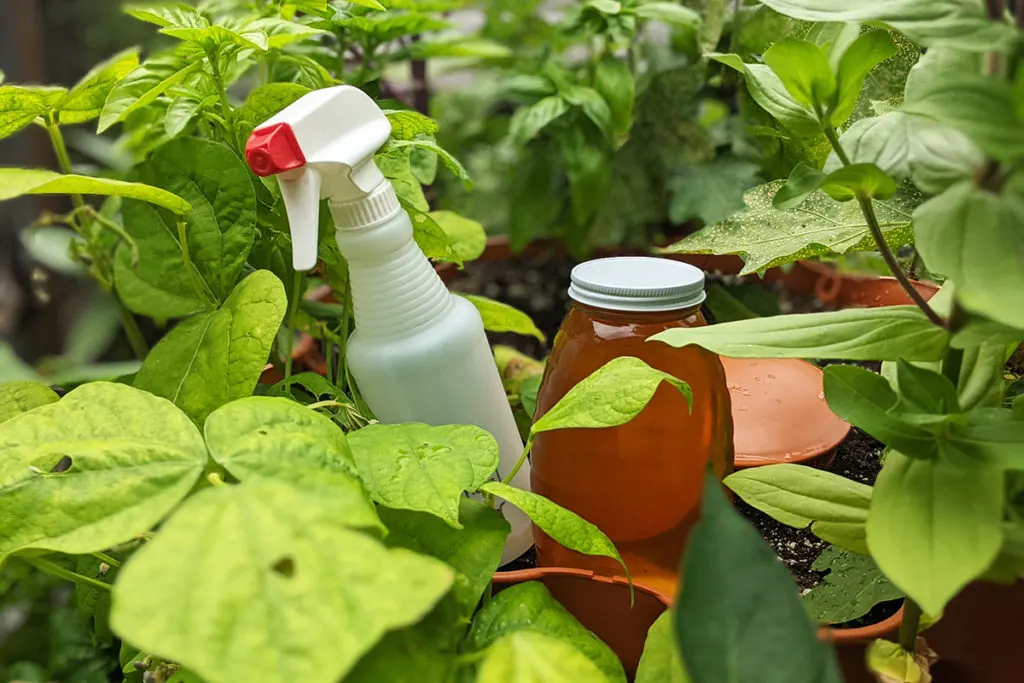
In addition to using honey to promote root growth, and improve the flavor of fruits, you can also use it to save plants that are flagging.
If plants are showing signs of nutrient deficiency, especially if you suspect a deficiency of one of the essential plant nutrients honey can provide. Plants that need a boost may benefit from the use of a honey-based foliar spray.
Add 2 tbsp of honey to a gallon of water, then spray this solution onto the leaves of unhealthy plants every week or two. If a nutrient deficiency is to blame, you may soon see positive results.
Again, however, think about what might be attracted to the honey foliar spray before you decide to use it.
4. As a Literal Honey Trap for Pests
I would recommend taking steps to avoid an imbalance in your garden by attracting natural predators for pest species. And by making sure there is as much life in your garden as possible. But in an organic garden, imbalances can sometimes still occur.
If you have a boom in the slug, or fruit fly populations, for example, you can use honey as an ingredient in a trap to catch them.
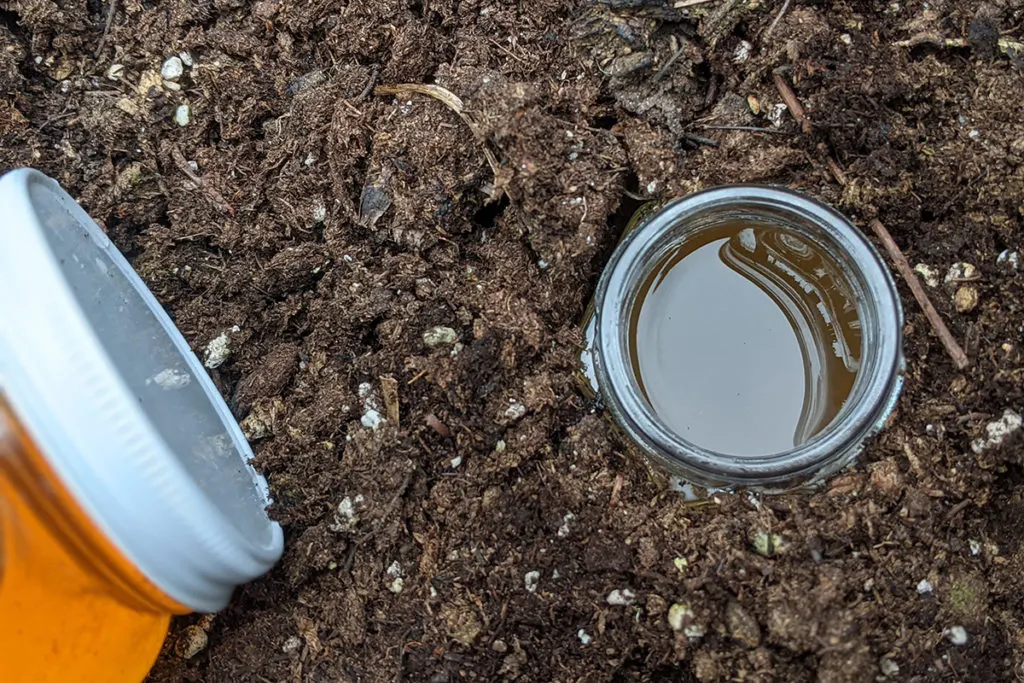
To catch slugs, sink a jar filled with water mixed with honey and yeast into the ground and wait for slugs to fall in. Then collect the slugs and dispose of them regularly.
To catch fruit flies, add rotting fruit, honey and apple cider vinegar to a jar. Cover it with a lid with small holes pierced in it, so they go in, but do not come back out.
5. Take Care of Your Skin, Lips and Hair
As gardeners, it’s important to remember that we ourselves are crucial parts of the garden ecosystem. So in addition to taking care of our plants and wildlife, we should also take care of ourselves!
As gardeners, we often spend a lot of time outdoors. Skin, lips and hair can all dry out.
Honey has excellent hydrating properties. These, along with its anti-microbial and anti-fungal properties, means that it can be used in a wide range of products, from balms to soaps, to natural haircare products, to help us keep skin, lips and hair healthy and strong.
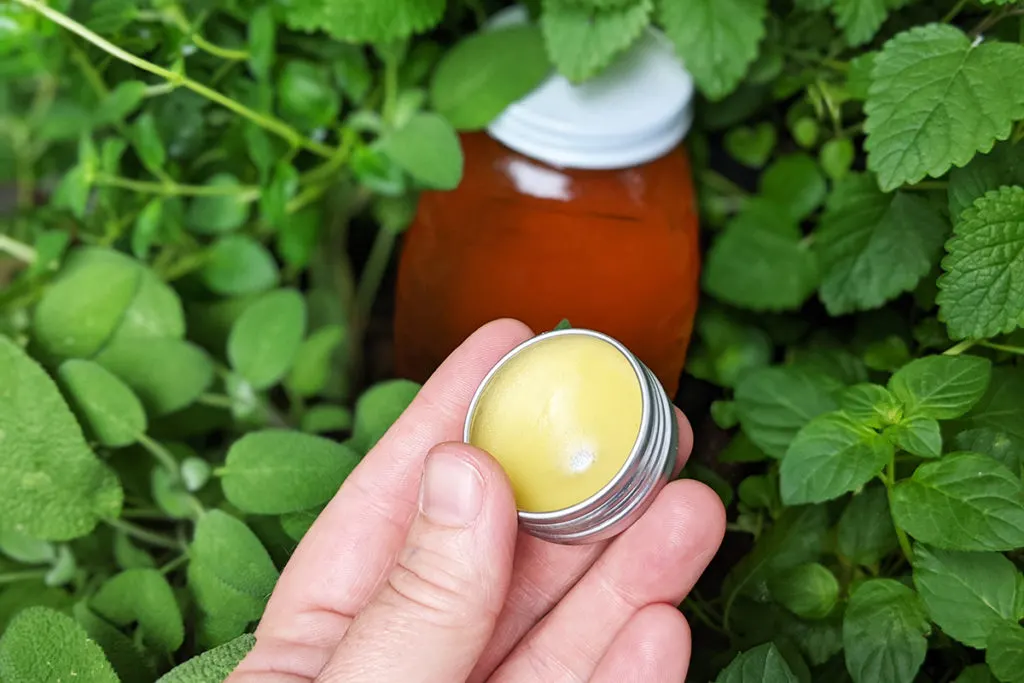
One problem I often have after a day in the garden (especially in winter) is chapped, dry lips. I consider my homemade beeswax, honey, almond oil and lavender balm to be essential when I head out into my garden! Try this easy recipe for homemade lip balm from Coconut Mama.
6. Take Care of Minor Cuts and Scratches
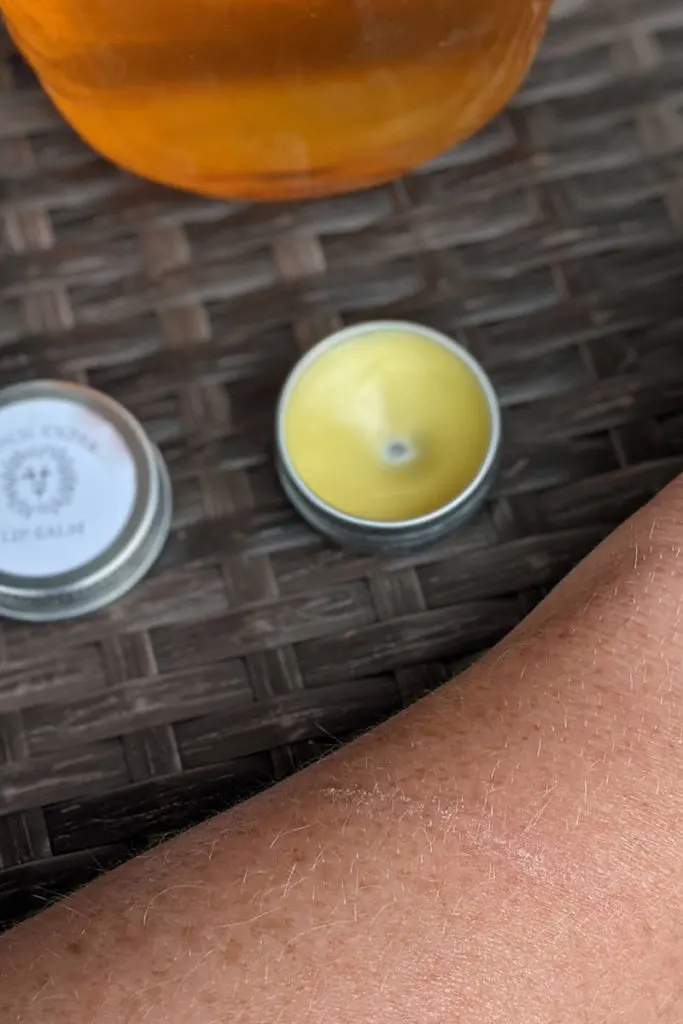
Interestingly, the balm I use on my lips can also be great for putting on all those minor cuts and scrapes you get when tending your garden. So honey is also a useful ingredient to have to hand when picking fruits from prickly plants, or tending a thorny rose bush, for example.
7. An Alternative to Sugar in Preserves – To Make Home-grown Fruits Last Longer
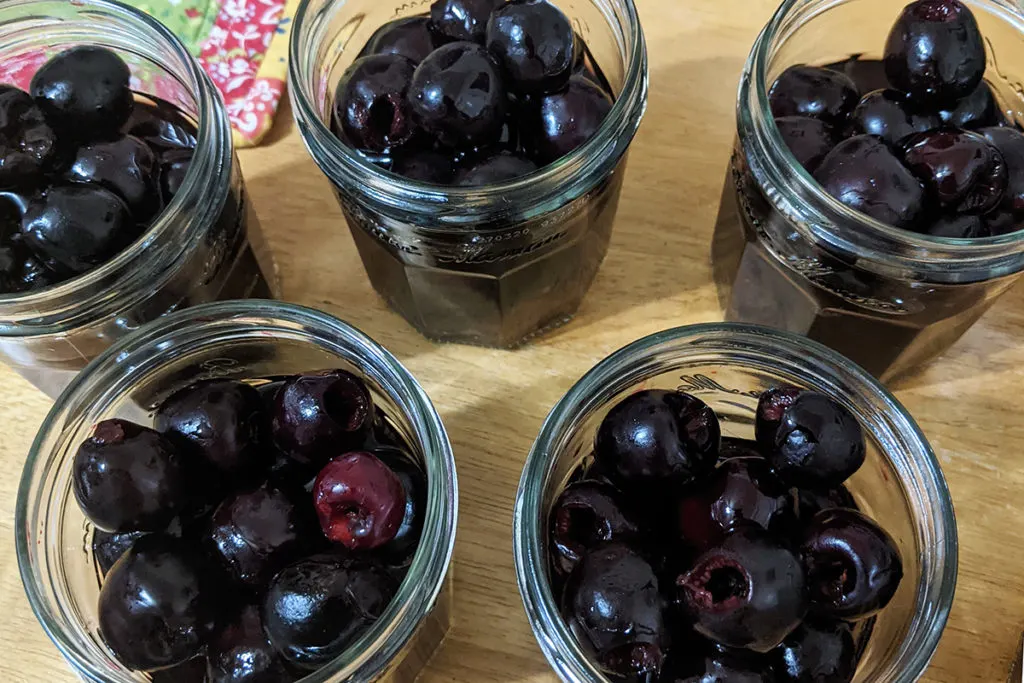
Another way that honey can come in handy for gardeners is in helping to preserve fresh fruits without the use of processed sugar. You can use honey in place of sugar to make a range of jams and other preserves. Also, you can use it in canning syrups.
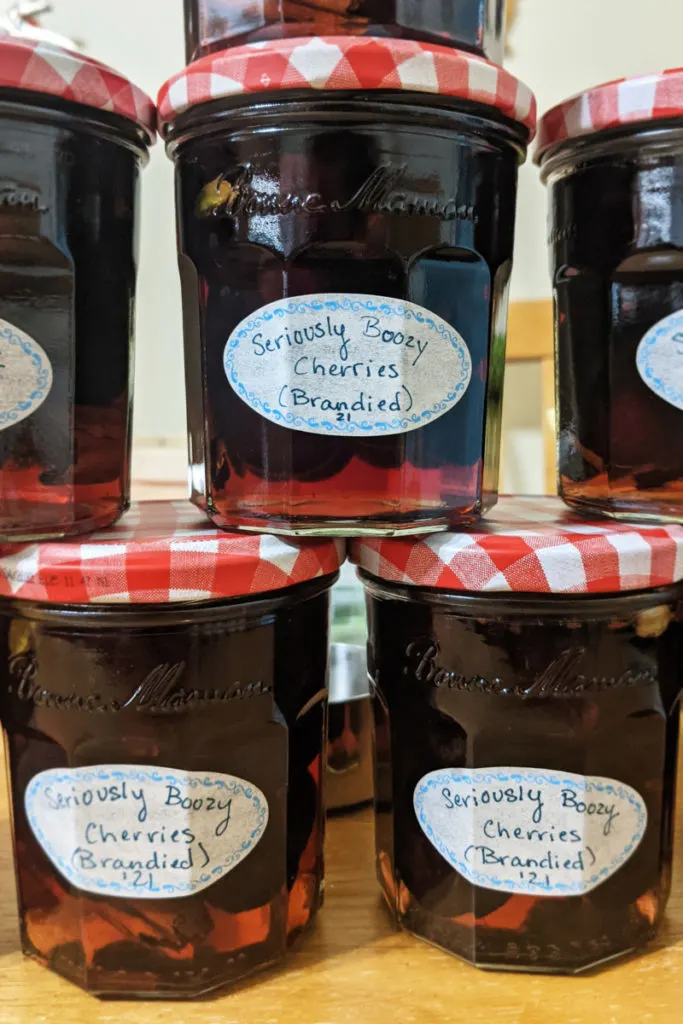
8. Treat Minor External Wounds on Chickens in Your Flock
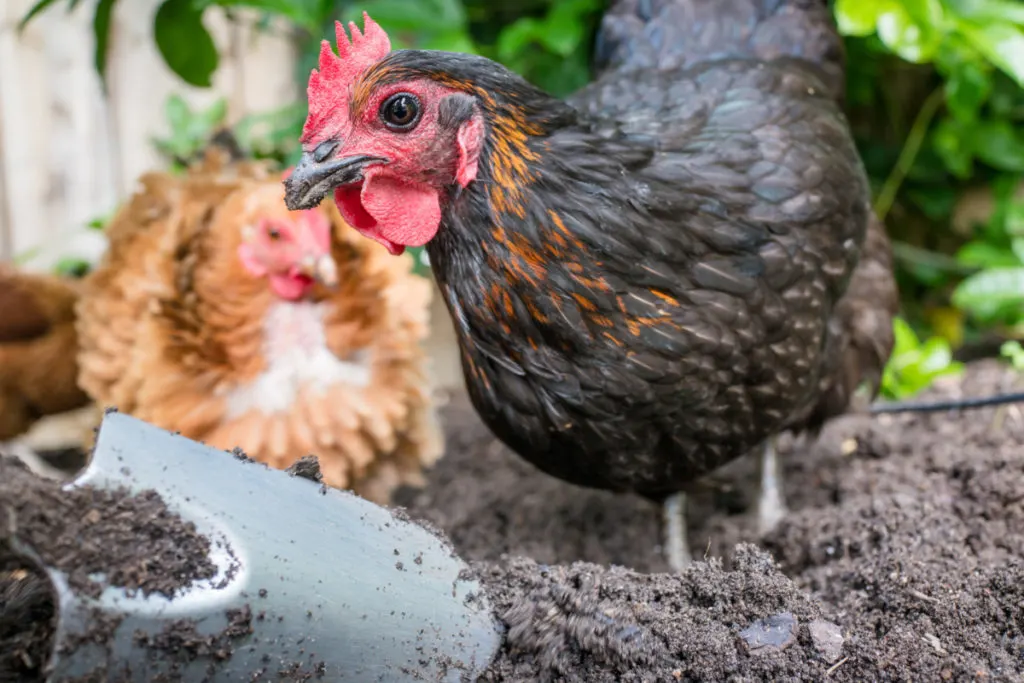
Honey can’t just be used on human cuts and scratches. It can be used for its antibacterial and antifungal properties on your domestic chicken flock too. If establishing the pecking order has got out of hand, wiping a little honey on any minor wounds can help to make sure that they do not become infected.
9. As an Occasional Supplement to Give Chickens a Boost
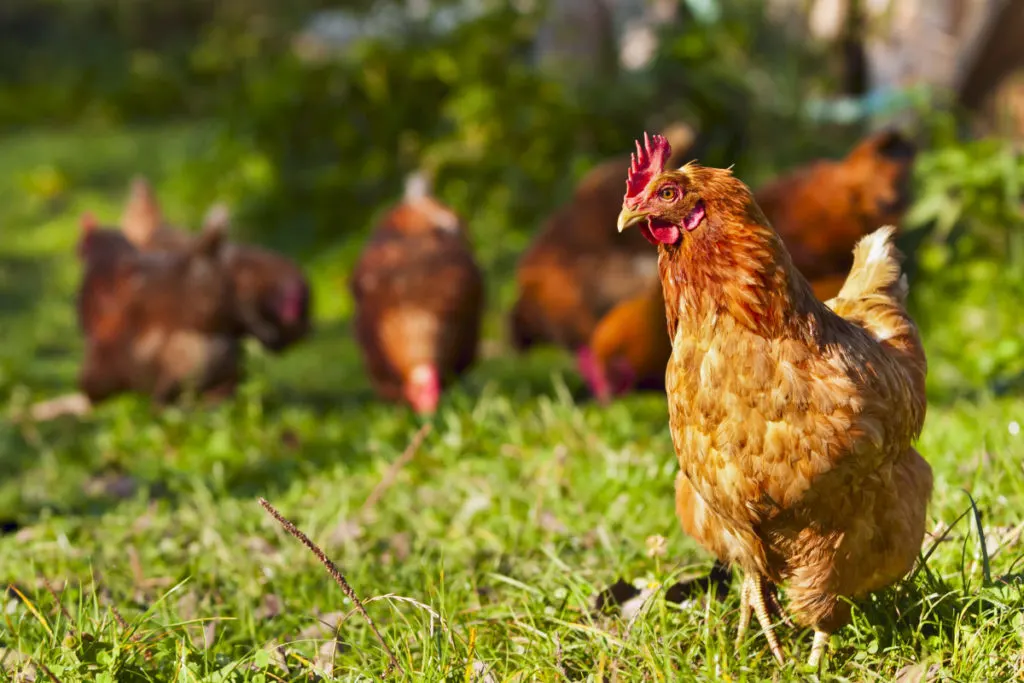
While I would not recommend feeding chickens honey very often, occasionally, you can feed them a little to give them a boost.
We rescue hens that were factory farmed. Some of them come to us in a terrible state.
Usually, they make a full recovery remarkably quickly. But one of our chickens failed to thrive. We did not initially think we’d have her for long. She wasn’t eating, or moving much at all.
But we brought her indoors (it was winter) and tried to feed her. At first, she wouldn’t eat at all. But we used a pipette to feed her some honey-water, then some egg, and soon she came around and was eating properly. The honey gave her just enough energy to begin getting better.
Of course, I would always recommend getting a vet’s advice on a sick hen. For more great advice on caring for sick chickens, you’ll want to check out Meredith’s article – How to Cure 4 Common Chicken Health Issues with Treats & Supplements.
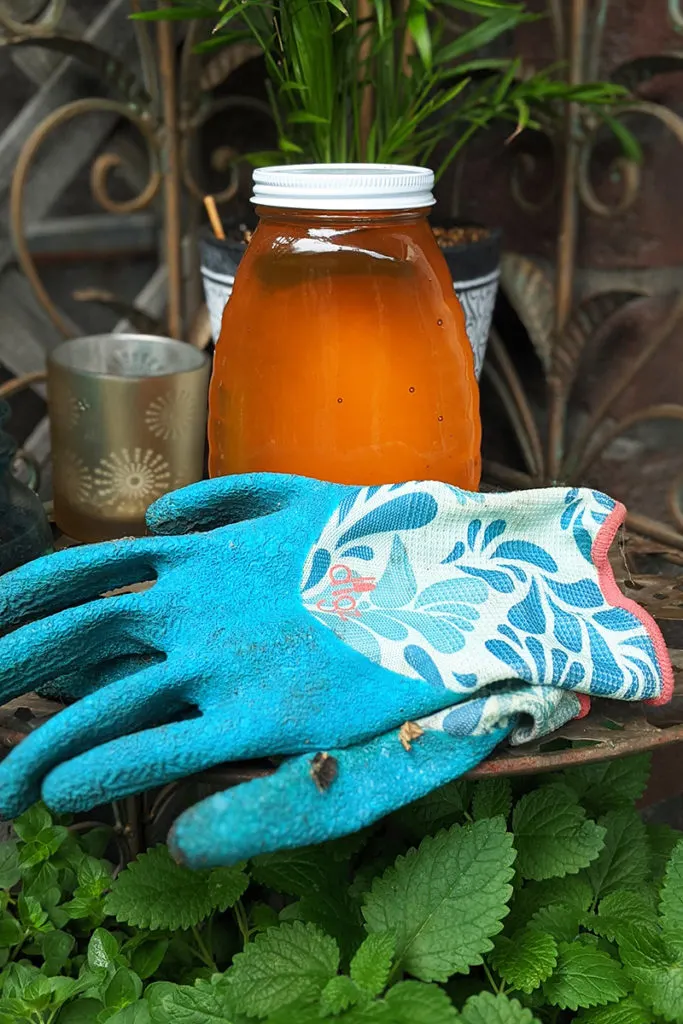
These are just some of the uses for honey in your garden; some of the many reasons why you should always have a jar in your cupboard or even in the garden shed. And if you think honey is amazing, wait until you read what Epsom salt can do in your garden.
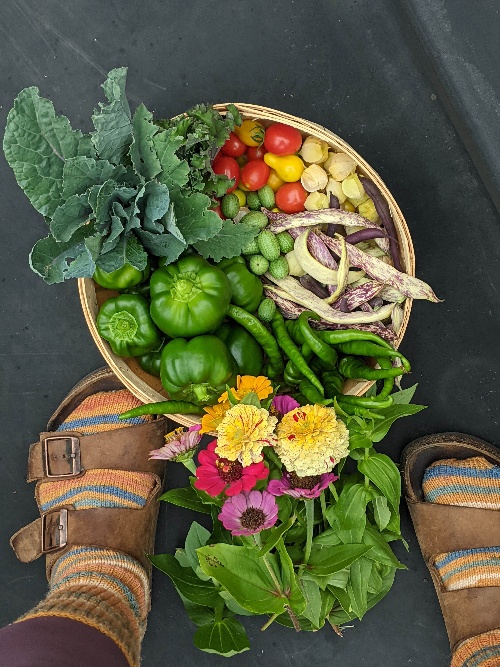
Get the famous Rural Sprout newsletter delivered to your inbox.
Including Sunday musings from our editor, Tracey, as well as “What’s Up Wednesday” our roundup of what’s in season and new article updates and alerts.
